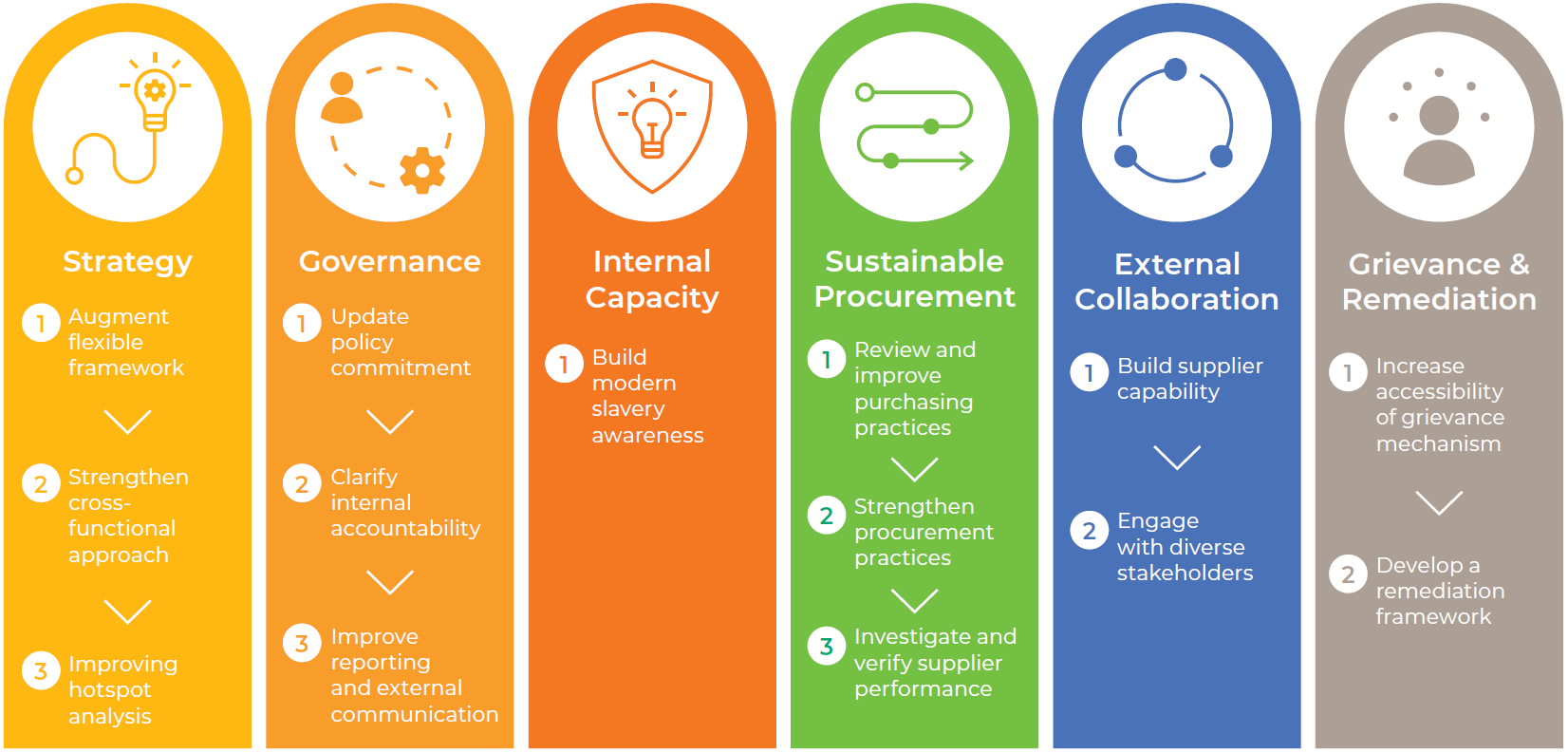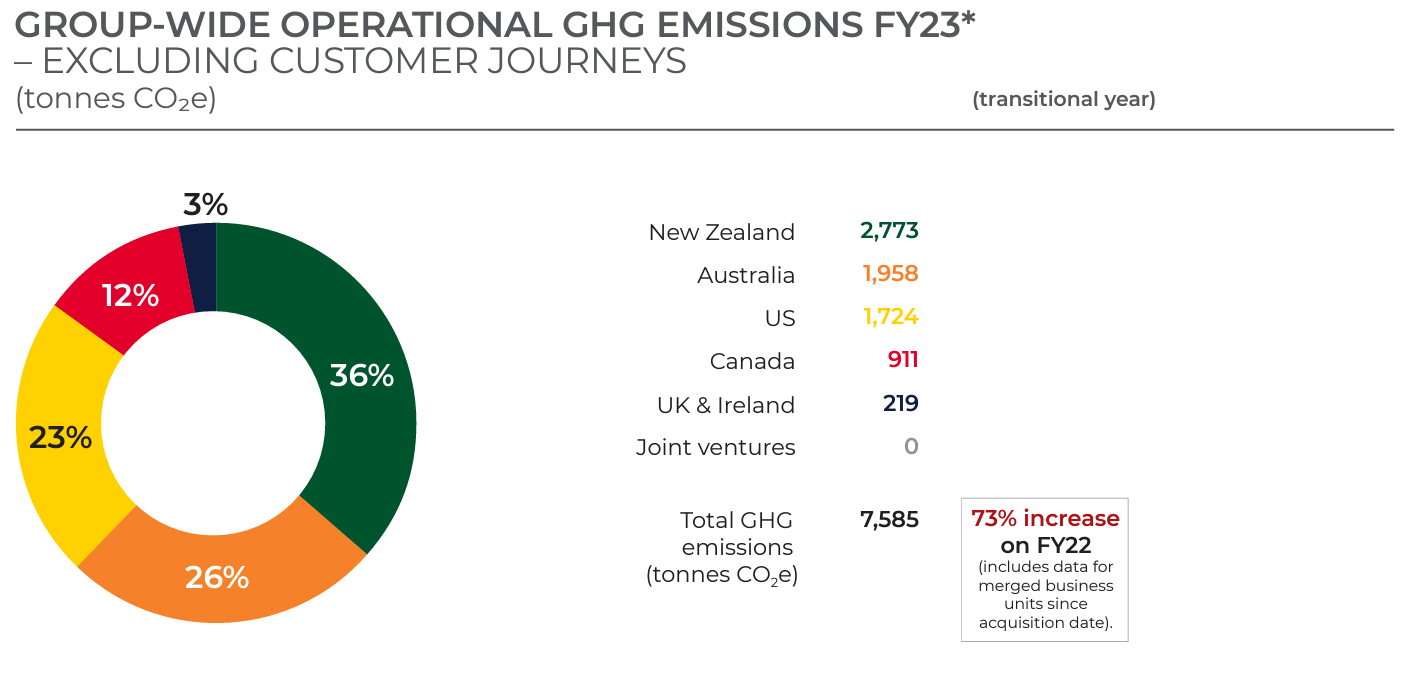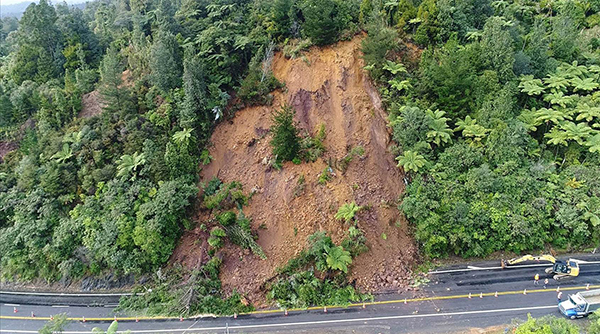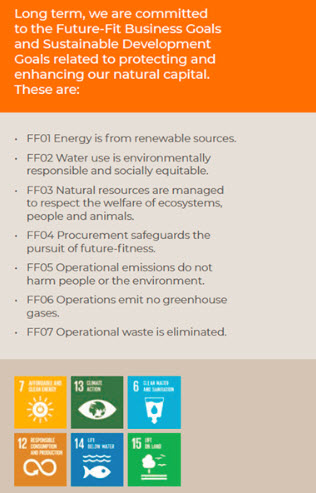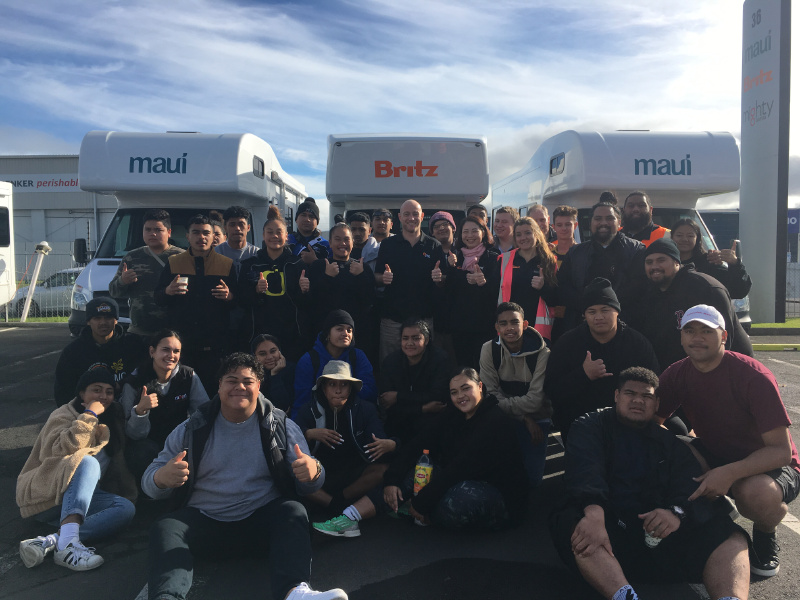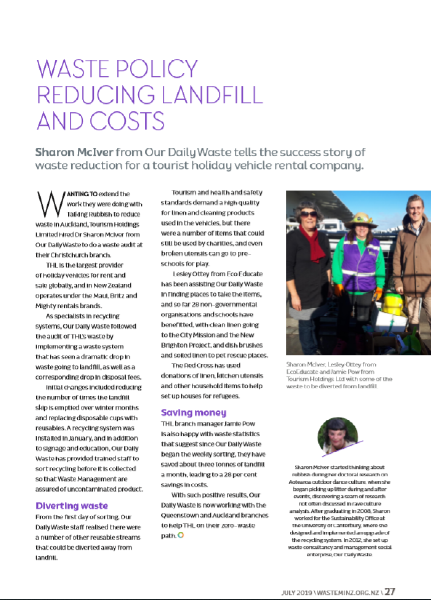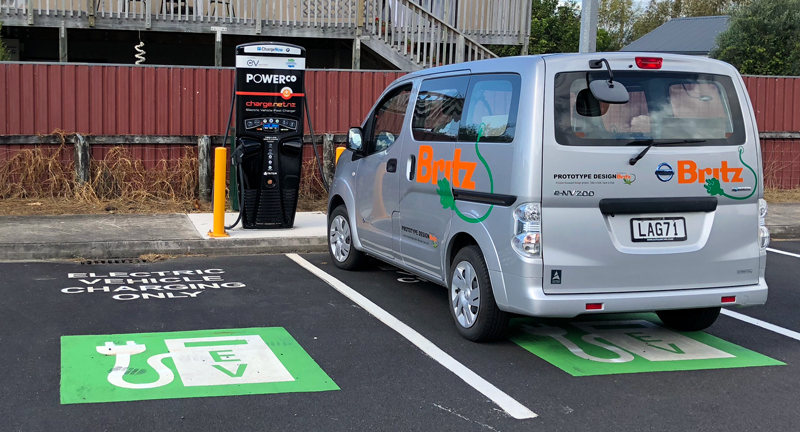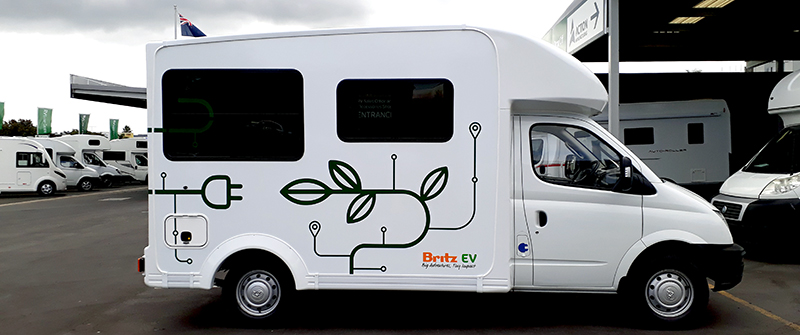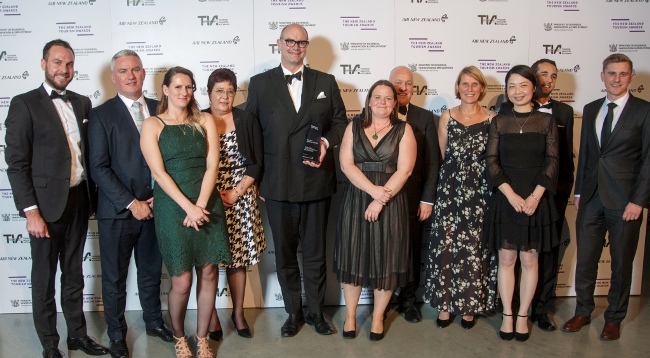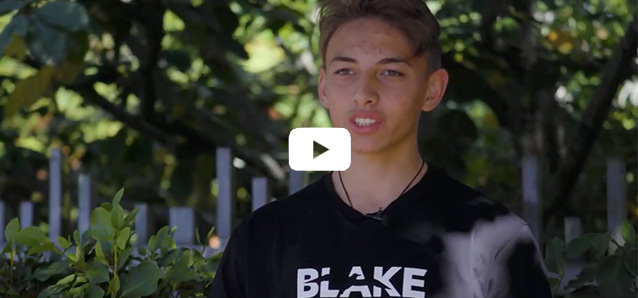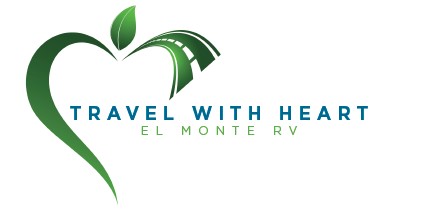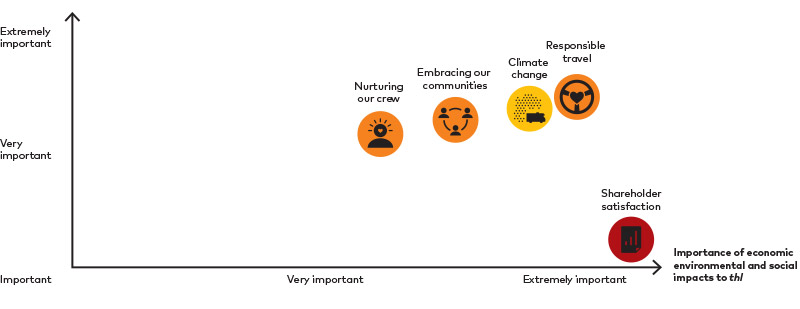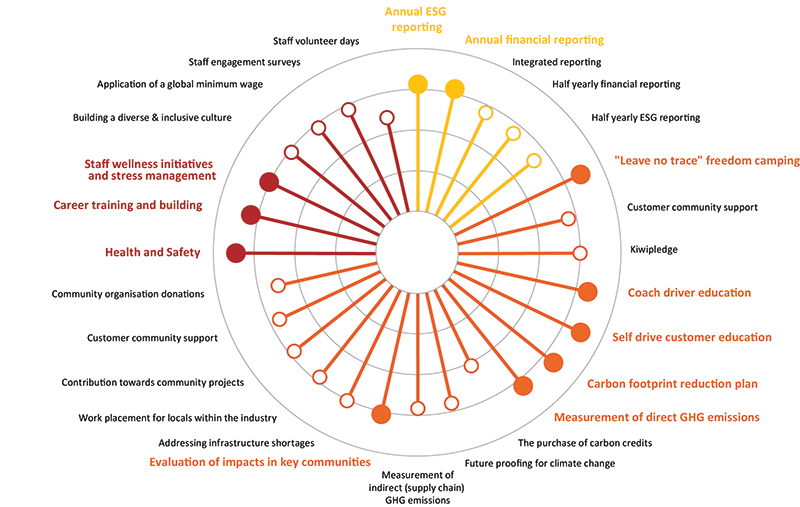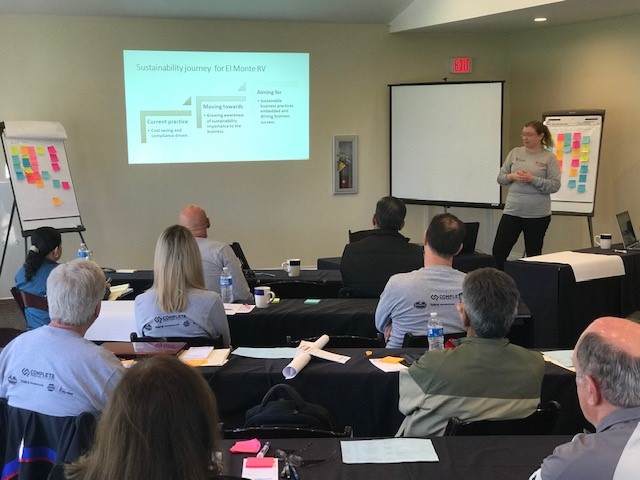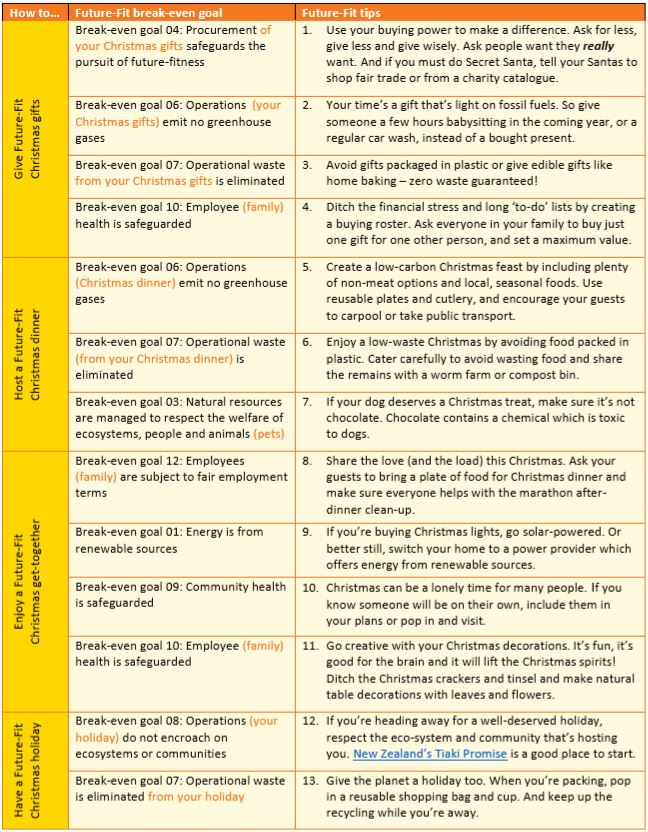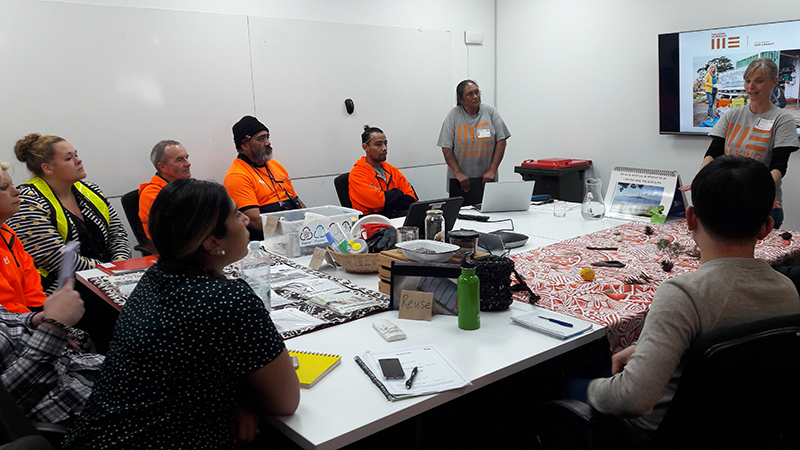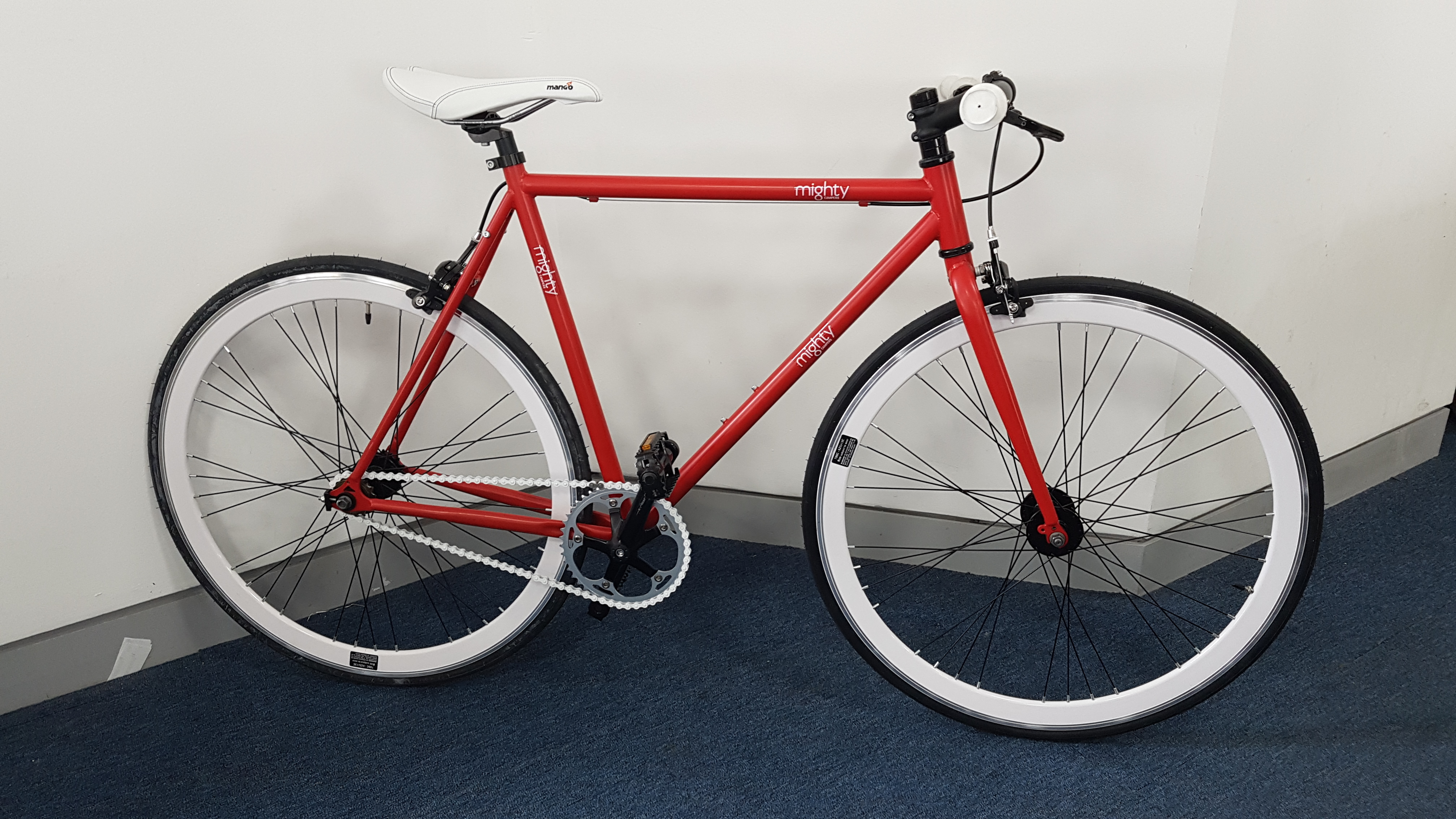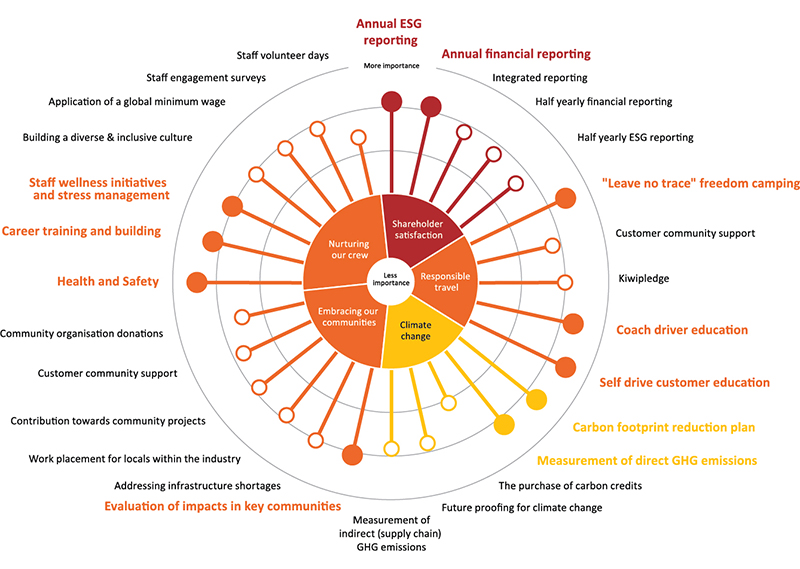
"I am proud to present thl’s FY25 Global Modern Slavery Statement and third year of reporting. Our commitment to sustainable procurement and taking positive action against modern slavery is reflected in our changing business practices and progress on actions in our Thrive anti-modern slavery Roadmap.
This Statement highlights the progress we have made in FY25, but we recognise that important work is ongoing due to the complexity of our supply chain and the continued prevalence of people globally who are caught in modern slavery."
- Grant Webster, CEO
Read our latest Modern Slavery Statement
thl's Modern Slavery Statement
At thl, we recognise that modern slavery is a global issue that transcends borders, industries, and sectors. As a business operating across multiple regions with a complex and diverse supply chain, we are acutely aware of the responsibility we hold in identifying and addressing modern slavery risks at every level of our operations. thl is committed to continuous improvement in our approach to mitigating modern slavery risks.
In FY25 we continued to progress actions from our Thrive anti-modern slavery roadmap as part of our global sustainable procurement framework, a core workstream in our global sustainability programme.
We use the Future-Fit Business Benchmark to guide our progress. The future-fit break-even goal BE04 procurement safeguards the pursuit of future-fitness is one of thl’s priority future-fit goals progressed within the sustainable procurement workstream of our global sustainability programme.
We acknowledge that we are on a maturity journey and have some way to go in understanding and addressing the risk of modern slavery from our supply chain.
Our commitment to preventing modern slavery within our supply chain aligns to our value Do the right thing and future-fit goal BE20, business is conducted ethically. Modern slavery has no place in our business or supply chains.
At thl, we take any instances of misconduct, ethical violations, or illegal activities very seriously. If you have concerns about our practices or those of our suppliers, we encourage you to use our SpeakUp platform. This platform provides a safe, confidential, and anonymous way to report your concerns, helping us foster a healthier and more ethical environment. Your voice is important to us.
